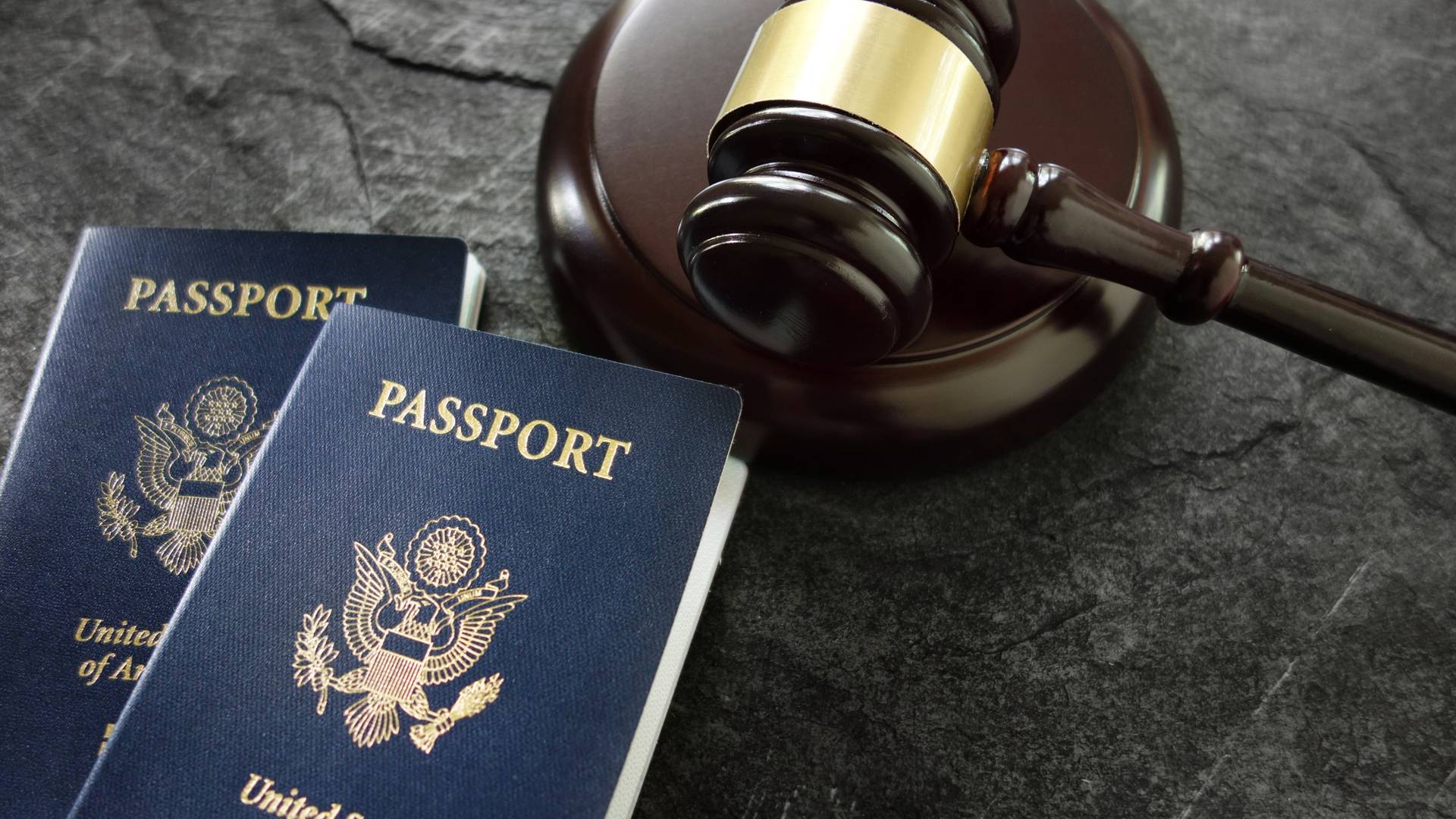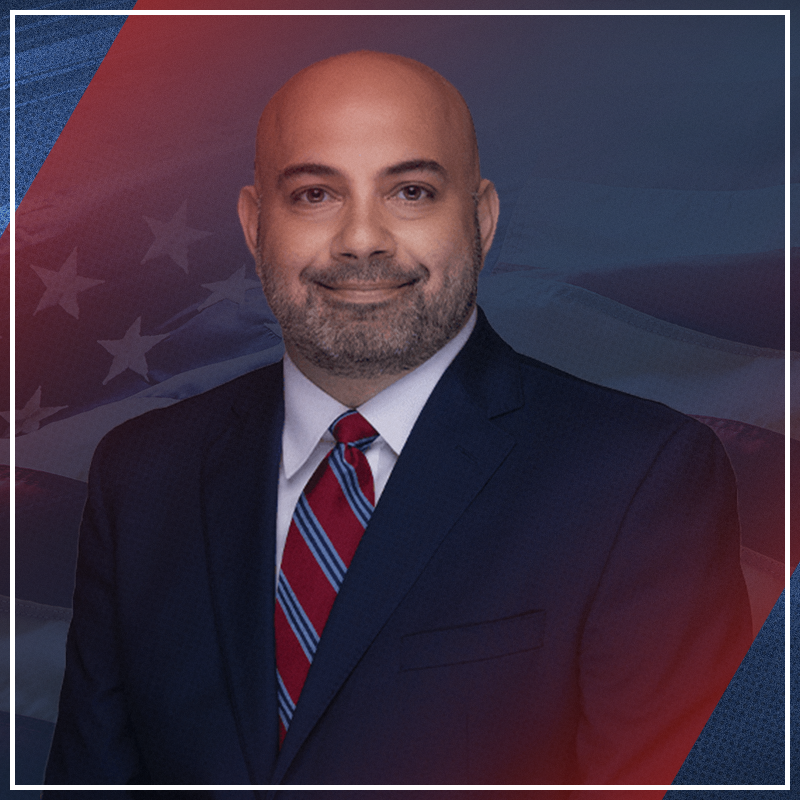
Tampa, FL E-Visa Attorney
E visas are nonimmigrant visas issued to individuals who engage in international trade or investment activities in the United States. These visas are designed to promote and facilitate commerce between the U.S. and treaty countries.
The American Dream® Law Office is your law firm for E visas. These visas are an excellent option for international traders and international investors looking for a lower investment amount.
The E visa is open to international traders and investors from certain countries with treaties with the United States. Some of these treaties require specific investment amounts and are limited in duration. Hiring E-visa Attorney Ahmad Yakzan can ensure that your application is submitted correctly; his representation increases your chances of getting your visa approved by the government.
Need help with your trader or investor visa? Discuss your needs with our Tampa E-visa lawyer in a confidential consultation by contacting us at (813) 499-1250. Attorney Ahmad Yakzan of the American Dream® Law Office is your E visa attorney in St. Pete and Tampa, FL.
The E-Visa Requirements
The E applicant must meet the following requirements:
- Must be entering the United States
- Based upon a treaty of friendship, commerce, and navigation, or other arrangements
- The person must be entering the United States for the following reasons:
- Solely to carry on substantial international trade (E-1 treaty trader)
- Solely to develop and direct the operations of a treaty enterprise in which the investor has or is in the process of investing (E-2 treaty investor)
- As a key employee from a treaty country of either E-1 or E-2
- As a principal executive and employer of an enterprise with at least 50% of shares owned by treaty nationals
- A dependent of one of the abovementioned individuals
The E visa holder must show that he is coming to the United States for a specific period. They must have an intention to depart and nothing more.
As mentioned above, some treaties have specific requirements not included in other treaties. An applicant must submit a business plan. E-visa holders may adjust their status by including form I-508 with their adjustment of status application to waive any treaty protections.
Who Can Apply for the E-Visa?
Nationals of the following countries may apply for the E-Visa:
- Albania
- Argentina
- Armenia
- Australia
- Austria
- Azerbaijan
- Bahrain
- Bangladesh
- Belgium
- Bolivia
- Bosnia and Herzegovina
- Brunei
- Bulgaria
- Cameroon
- Canada
- Chile
- China (Taiwan)
- Colombia
- Congo (Brazzaville)
- Congo (Kinshasa)
- Costa Rica
- Croatia
- Czech Republic
- Denmark
- Ecuador
- Egypt
- Estonia
- Ethiopia
- Finland
- France
- Georgia
- Germany
- Greece
- Grenada
- Honduras
- Iran
- Ireland
- Israel
- Italy
- Jamaica
- Japan
- Jordan
- Kazakhstan
- Korea (South)
- Kosovo
- Kyrgyzstan
- Latvia
- Liberia
- Lithuania
- Luxembourg
- Macedonia
- Mexico
- Moldova
- Mongolia
- Montenegro
- Morocco
- Netherlands
- Norway
- Oman
- Pakistan
- Panama
- Paraguay
- Philippines
- Poland
- Romania
- Senegal
- Serbia
- Singapore
- Slovak Republic
- Slovenia
- Spain
- Sri Lanka
- Suriname
- Sweden
- Switzerland
- Thailand
- Togo
- Trinidad & Tobago
- Tunisia
- Turkey
- Ukraine
- United Kingdom
- Yugoslavia
What Sets Us Apart
-
Ultimate ConvenienceAttorney Ahmad Yakzan is your reliable immigration attorney from St. Petersburg Tampa, Florida to Washington, D.C. We also have offices that are conveniently located to serve you in Clearwater, Dunedin, New Port Richey, Oldsmar, Land o’ Lakes, Plant City, Lakeland, and Zephyrhills.
-
Flexible CommunicationFor your convenience, we offer in-person, phone, or teleconferencing consultations. Attorney Ahmad Yakzan would be glad to accommodate you in one of our offices in St. Petersburg and Tampa, Florida.
-
Competitive PricesSpare no expense in attaining and protecting your American Dream® with the help of Attorney Ahmad Yakzan. Our small consultation retainer will be credited towards our legal fees when you retain our office. We offer competitive rates for excellent legal services.

Making a Difference in Our Clients' Lives
Read Our Five-Star Client Testimonials
At American Dream Law Office, PLLC, your dream is my dream, and it shows in our reviews! See for yourself what our clients have to say about working with us.
-
“He went above and beyond to make sure I would make it to the next step on becoming a citizen.”Mahmoud B.
-
“Ahmad has been with me through every step and and made me feel comfortable.”Nana S.
-
“I’m so glad we didn’t try to go through this lengthy and complicate process without them.”Lucia A.
-
“Hiring him gave me a complete sense of peace.”Isabella B.
-
“Today we finally got the approval for my husband’s green card”Aya B.
-
“The best and more loyal Lawyer I met in my life”Abed H.
-
“I could not have done this without his help. When it comes to relocating to another part of the world, there will always be obstacles to overcome, you will need help.”Michael H.
-
“He is very knowledgeable and does an excellent job of proactively communicating.”Crystal C.

